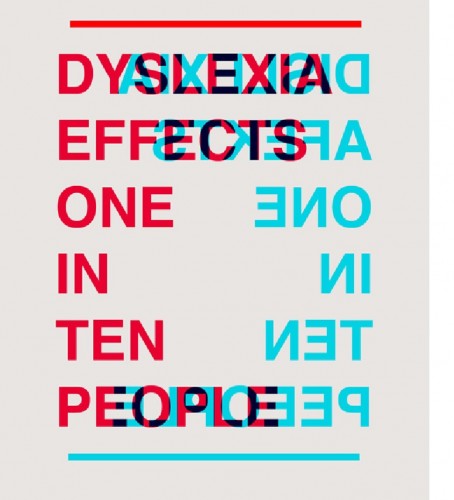Could Some of Your Students Be Dyslexic?
Joseph ManjaDyslexia can be defined as, “…a learning difficulty that primarily affects the skills involved in accurate and fluent word reading and spelling” (British Dyslexia Association, 2006).
A recent study suggested that approximately 20% of female Emirati University students have a prevalence of features which are consistent with dyslexia (Aboudan, Eapen, Bayshak, Al-Mansouri, & Al-Shamsi, 2011).

As teachers, while it is not our job to diagnose and/or treat Dyslexia, we can be part of a process of identification and referral. Along these lines, using the checklist given below could assist in identifying students who are experiencing dyslexic difficulty in your classroom (British Dyslexia, Foundation, 2006).
When you think a student in your class could have Dyslexia, consider the following questions regarding the student:
 • Does your student dislike reading aloud?
• Does your student dislike reading aloud?
• Is reading new material difficult?
• Does it take your student a long time to read a book?
• Does your student sometimes pronounce words incorrectly?
• Does your student have problems with spelling?
• Does your student have problems with sentence construction and punctuation?
You should also ask yourself:
 • Does your student get phone numbers wrong?
• Does your student get phone numbers wrong?
• Does your student confuse ‘left’ and ‘right’?
• Is your student’s handwriting hard to read?
• Does your student find it hard to remember things in sequence?
• Does your student find it hard to remember new facts, names etc.?
• Does your student forget quickly rather than learn slowly?
For most of your students you will be able to say ‘yes’ to some of these questions, but for some of your students you will be able to say ‘yes’ to many of them. If you have a student for which you find yourself saying ‘yes” to most of these question you may want to: (1) notify your supervisor, and (2) refer the student to the student counseling services of your college. We have great professionals in place to help.
References
Aboudan, R., Eapen, V., Bayshak, M., Al-Mansouri, M., Al-Shamsi, M. (2011). Dyslexia in the United Arab Emirates University – A study of prevalence in English and Arabic. Interna-tional Journal of English Linguistics, Vol 1, (2). Canadian Center of Science and Educa-tion. Retrieved from: http://www.ccsenet.org/journal/index.php/ijel/article/view/10693
British Dyslexia Association. (2006). Retrieved from: http://www.bdadyslexia.org.uk/dyslexic/definitions
